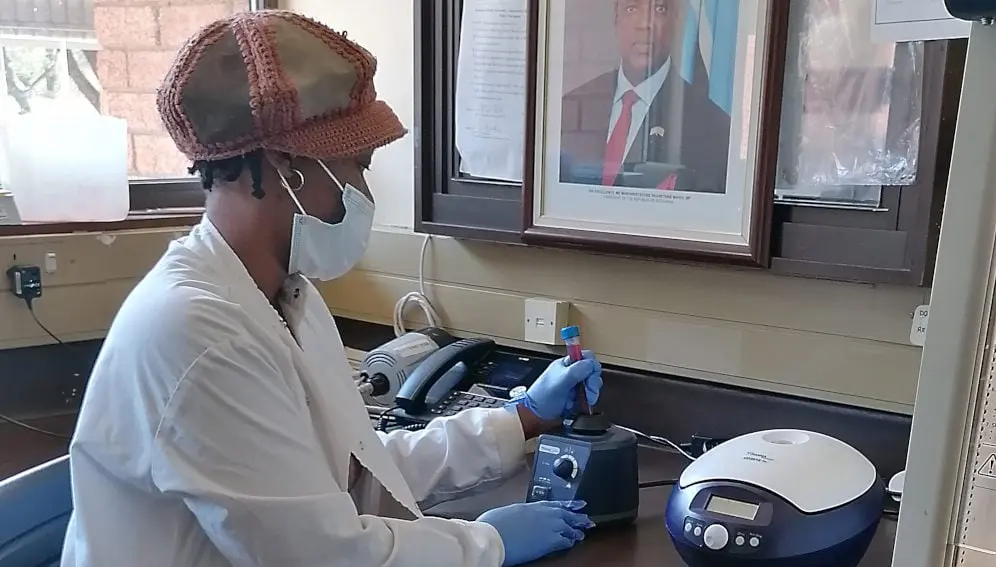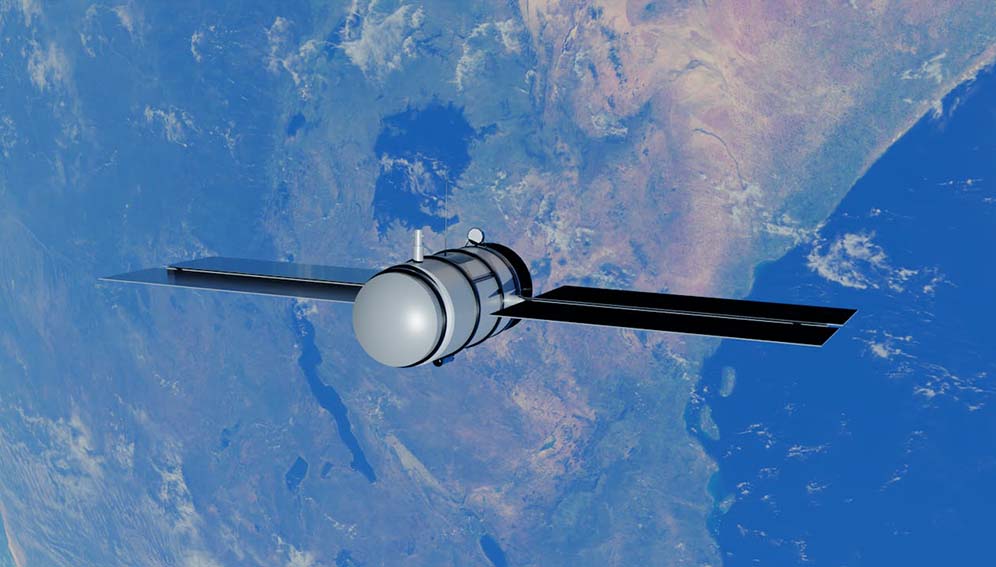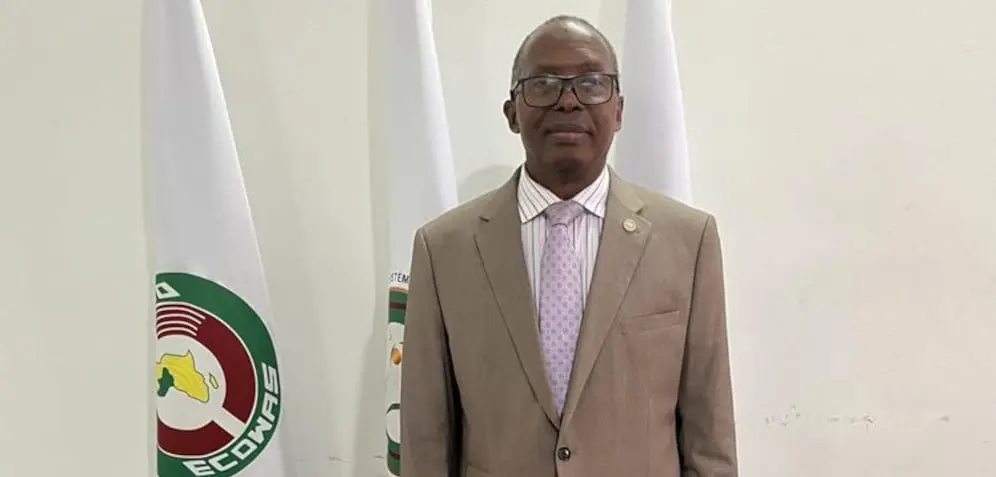SGCI News
Martinha spends 80 Meticais (2.54) for a round trip to buy a 20 litre bucket of both Mapfilua or Monkey oranges and then sells in small portions for 50 meticais…
Martinha spends 80 Meticais (2.54) for a round trip to buy a 20 litre bucket of both Mapfilua or Monkey oranges and then sells in small portions for 50 meticais ($.79 cents). These fruits and plants are turning into a business commodity and the locals are yet to be informed about their value and importance.
“What motivates me is that I know I will be trained on the basic training on processing these native fruits. I that heard some people in this district benefited from the activities of the collaborative research project carried out in Namibia and Mozambique. So I know that one day my turn will come and I will not be by the road side forever”, Martinha said.
She added that she wants to be like other people she has seen making yoghurts from native fruits in her village.
Speaking to this publication, in agreement to the sentiments, head of International Cooperation at Mozambique’s national Research Fund, FNI, Edson Faria, said if people in some districts of southern Mozambique can be trained on how to process native fruits and vegetables to add value, it will lead to food security and economic growth because the country will be selling and consuming their own products.
According to Faria, as a way to educate the communities about environment conservation, the government of Mozambique, through the National Research Fund, FNI Under the auspices of the Science Granting Councils Initiative (SGCI), has carried out a study of the perception of the local actors about the causes of deterioration of the fruit trees, as well as their economic, social, and environmental importance.
Read more here:
Related News
Botswana’s Commitment to Research: Laying the groundwork for innovation
Although Botswana does not yet have a dedicated science agency, it has demonstrated a strong commitment to research and innovation through active participation in the Science Granting Councils Initiative (SGCI). In this video interview, Lesego Thamae, Deputy Permanent Secretary at the Ministry of Communications, Knowledge…
Space innovation in Africa tackling local problems
Africa’s space sector, while valued at US$22.64 billion in 2024, is still in its early stages—but scientists say it holds significant promise for addressing some of the continent’s development issues. In this episode of Africa Science Focus, reporter Michael Kaloki explores how space research and…
An interview with Dr Samba Sesay on how NSTIC -SL is improving the quality of life through science and technology
This video previews the ongoing efforts of the National Science Technology and Innovation Council of Sierra Leone (NSTIC-SL), a young council established in 2020. Dr. Samba Sesay, Programme Implementation Manager, explains that NSTIC-SL’s core mission is to enhance the quality of life for Sierra Leonean…




